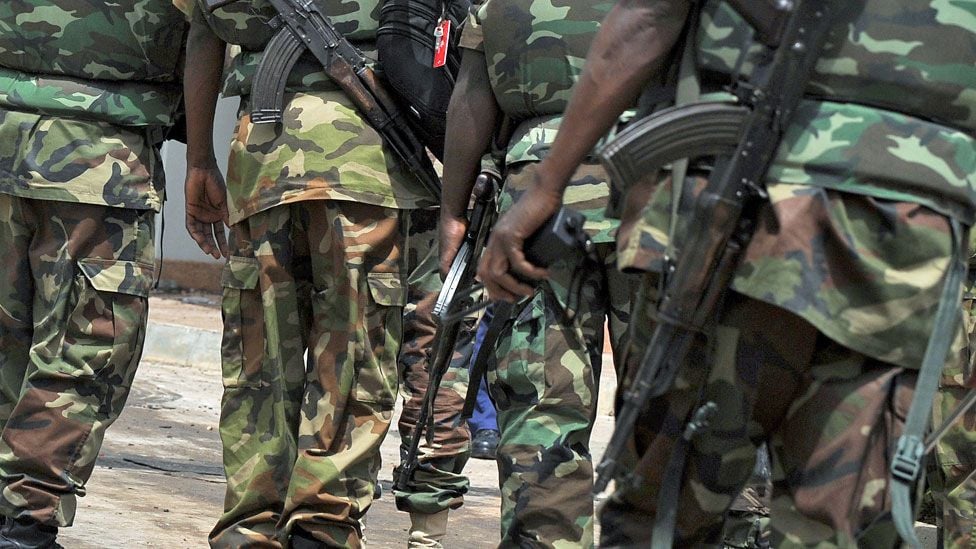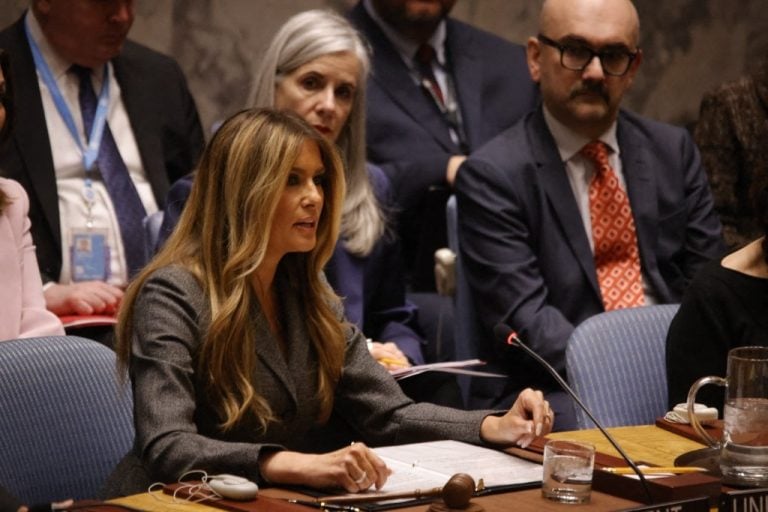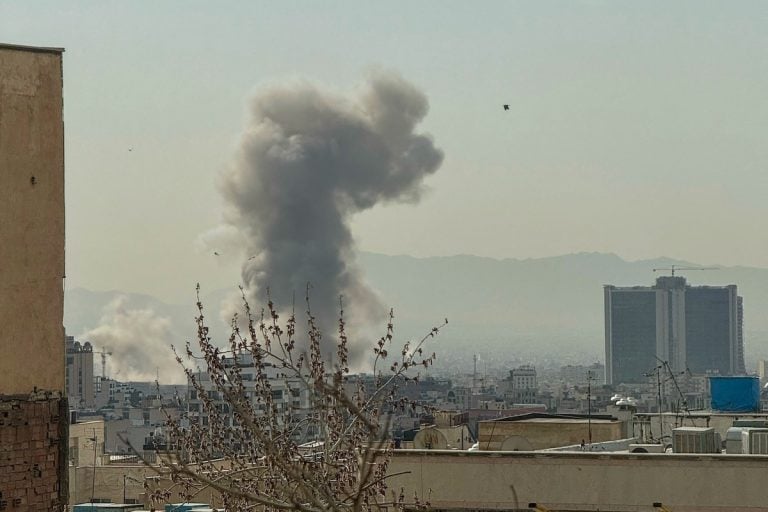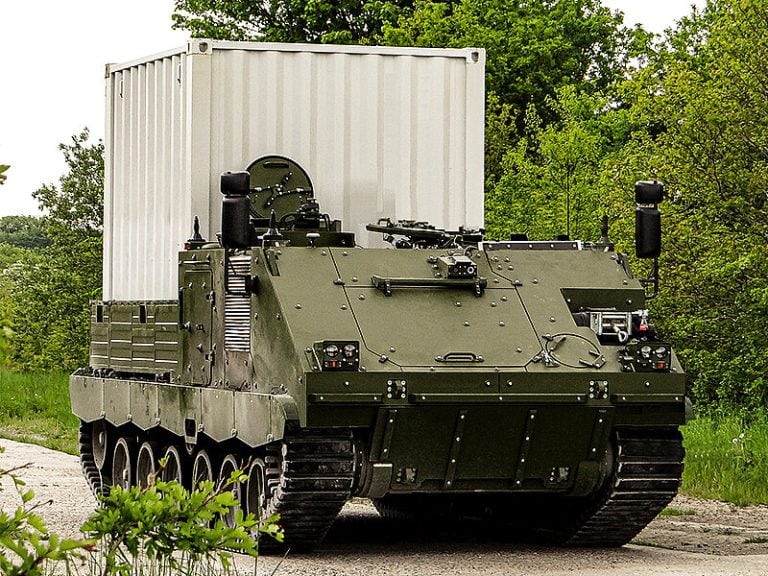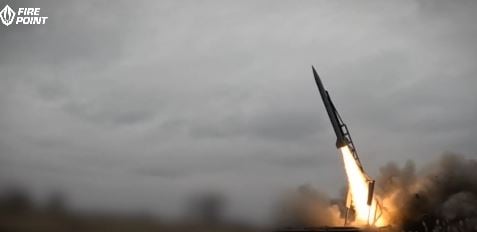In a devastating escalation of violence in central Nigeria’s Benue state, gunmen have reportedly killed at least 56 people in attacks that occurred earlier this week, according to statements released by the governor’s office on Saturday. This figure represents a significant increase from an earlier reported toll of 17 casualties. The violence, attributed primarily to clashes between nomadic cattle herders and farmers over land use, has raised serious concerns regarding the ongoing cycle of retribution and ethnic tensions in the region.
Governor Hyacinth Alia indicated that the attacks in the Ukum and Logo local government areas were carried out by “suspected herdsmen,” a reference to the activities of groups often affiliated with the Muslim Fulani ethnic community. Conversely, the majority of the affected farmers belong to Christian communities. This dynamic has led to an unfortunate intertwining of land disputes with underlying religious and ethnic divisions, especially prevalent in Nigeria’s so-called Middle Belt region.
Recent violence in the neighboring Plateau state has added another layer of urgency to the situation, with two attacks earlier this month resulting in over 100 fatalities. Local authorities have described these massacres as an alarming escalation and have labeled the killings a “genocide” allegedly perpetrated by terrorists. However, critics argue that such terminology obscures the real issues driving the conflict, which include longstanding disputes over land rights and governance failures by authorities and police in rural areas.
The governor’s media advisor, Solomon Iorpev, emphasized that the death toll could still rise as search-and-rescue operations continue following Thursday night’s onslaught. As a result of the attacks, security forces have been deployed to the affected areas in a bid to restore order and address the unrest. The government-run News Agency of Nigeria also reported that the country’s defense minister was visiting the Plateau state amid growing pressures to address the violence.
In response to the ongoing turmoil, local herder groups have denounced the killings in Plateau state while pointing out that their own members have faced attacks from farmers. This back-and-forth violence highlights the intricate web of grievances that has intensified over recent decades, fueled by land grabbing and the increasing societal tensions between “indigenes” and those regarded as outsiders. The influx of radical preachers from both Christian and Muslim backgrounds has further exacerbated these divisions.
With land available for agriculture dwindling due to climate change and population growth, the struggle for space has intensified. Iorpev underscored the importance of Benue state for Nigeria’s food security and called for greater intervention from the federal government to curb the rising violence and ensure stability in the region. The unfolding crisis continues to shed light on the complexities of ethnic and religious relations in Nigeria, as both farmers and herders navigate the precarious balance between survival and conflict.
